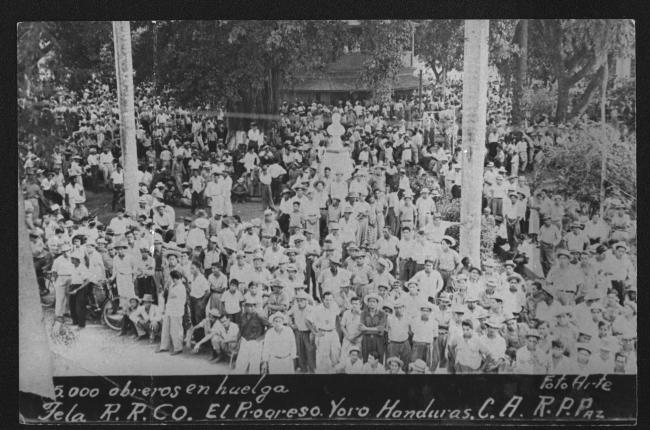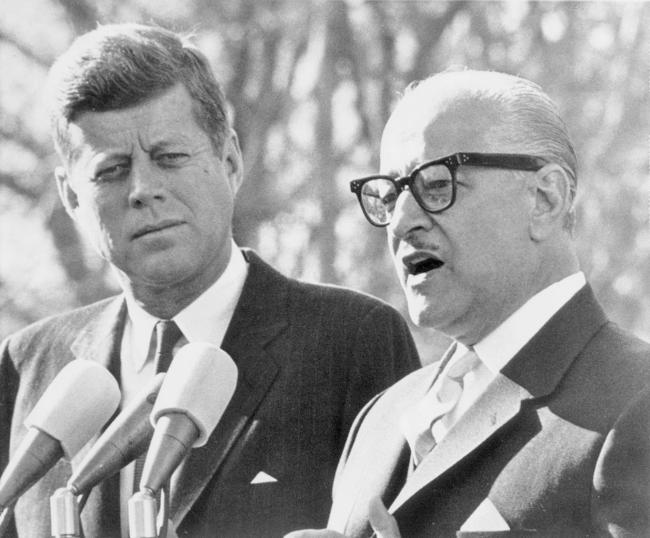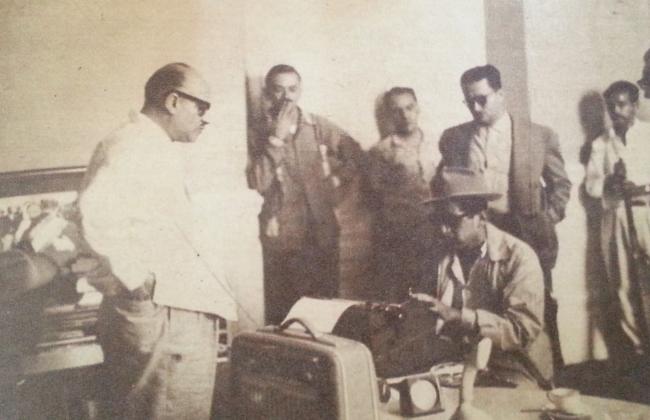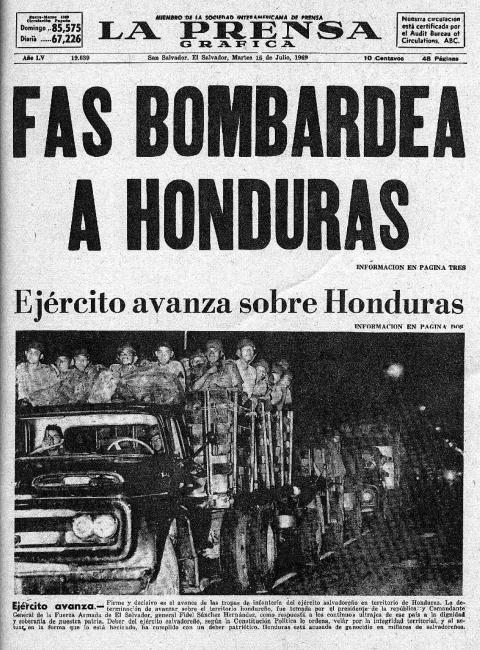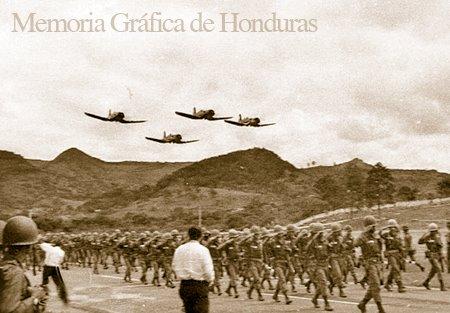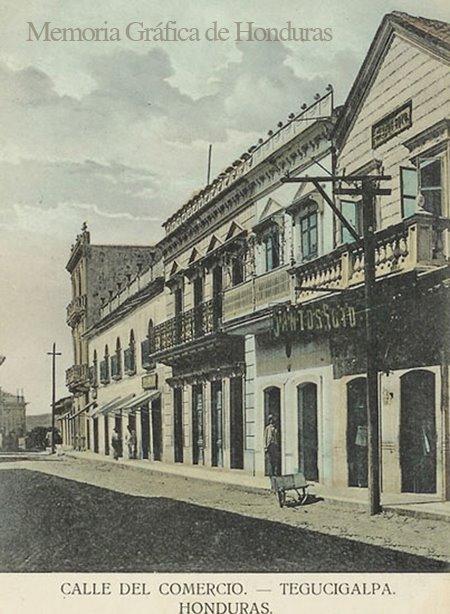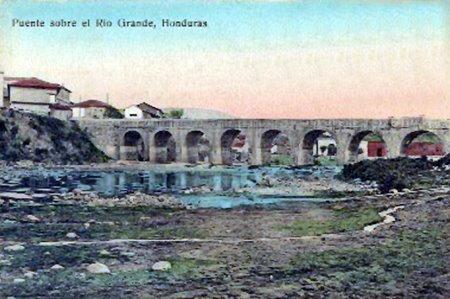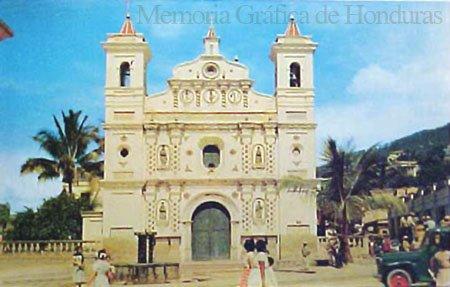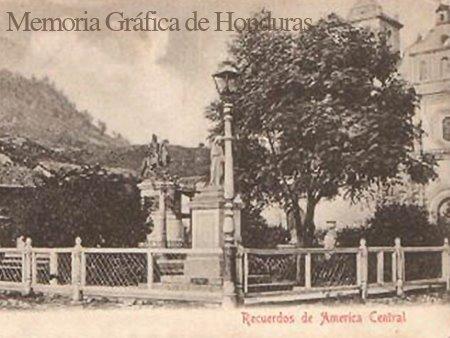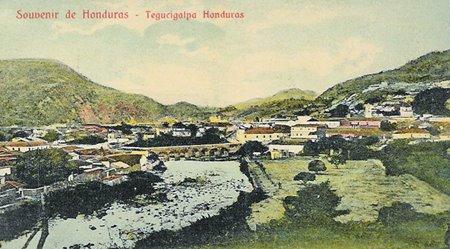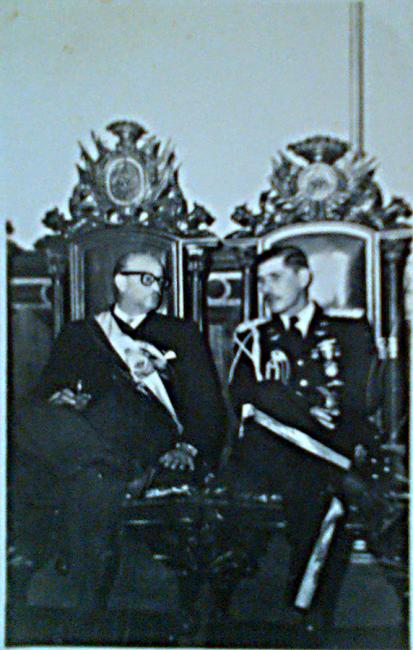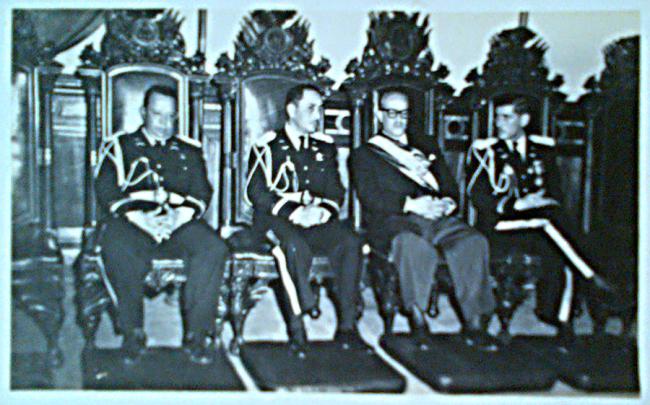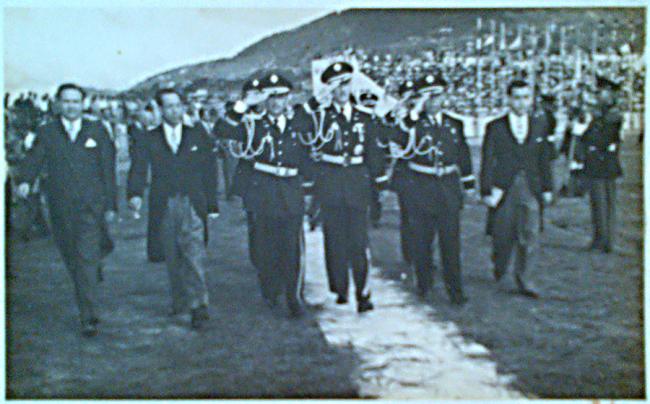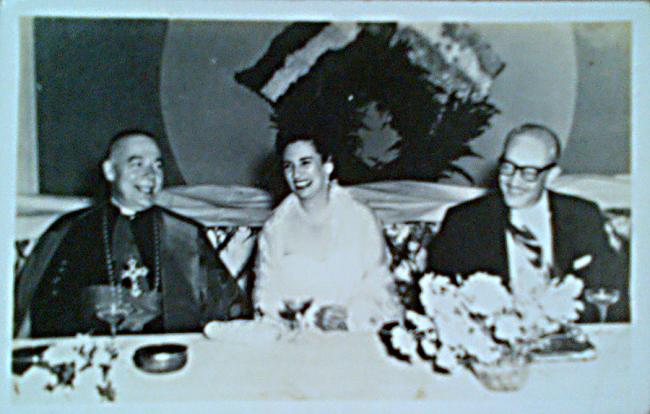One of the conditions observed during the government of Tiburcio Carias, is the constant social and political crisis, expressed in the reduction of wages, reduction of jobs, increase in taxes, which at the same time generate social resentments, protests against the governments with a hard fist, caused by the depression of global capitalism.
The popular movement broke out in 1954 with the great banana strike that meant for Honduras to become aware of pending tasks such as freedom for union movements, the minimum wage, the eight-hour day, and paid vacations. At the beginning it was judged that all this was communism, but the popular movement in Honduras has had an undoubted democratic component.
The policies of social development, from 1950 to those introduced by the military have been a factor of stability in Honduras and have held back the outbreaks of revolutionary wars as the ones that, in that time, took place in neighboring countries. This has led to considering that Hondurans are peaceful people and supporters of dialogue and coexistence.
Villeda Morales came into power in November 1957, and undertook the modernization of the country, created autonomous service institutions, promulgated the Industrial Development Law, issued the Labor Code, increased the budget for public education, and industrial parity in government academic. He maintained an anti-communist position and supported the counterinsurgency policy in favor of the United States, an attempt at Agrarian Reform that collided with the landed oligarchies, with the armed forces and the banana companies, until relegating the Agrarian Reform in a simple agricultural colonization.
He supported democratic unionism, supporting union federations such as the Northern Workers Federation of Honduras (FESITRAN) and farmer organizations such as the National Association of Honduran Farmers (ANACH). Villeda Morales promoted the process of industrialization, fostered the electrification process, the creation of the National Electric Power Company, and the consolidation of the industrial sector that favored the strengthening of the local bourgeoisie.
In 1969, the 100-hour war between Honduras and El Salvador took place, caused by the uncomfortable position of Honduras, against the Central American Common Market. The idea was precisely to separate from the Central American Common Market, since the Honduran markets had been absorbed by the industrial production of El Salvador, the fact that Honduras before the war had begun to expel Salvadoran peasants from Honduran lands; it was only a cause for provocation to start the war, which main objective was to disengage from the uncomfortable position of Honduras in the Central American Common Market.
